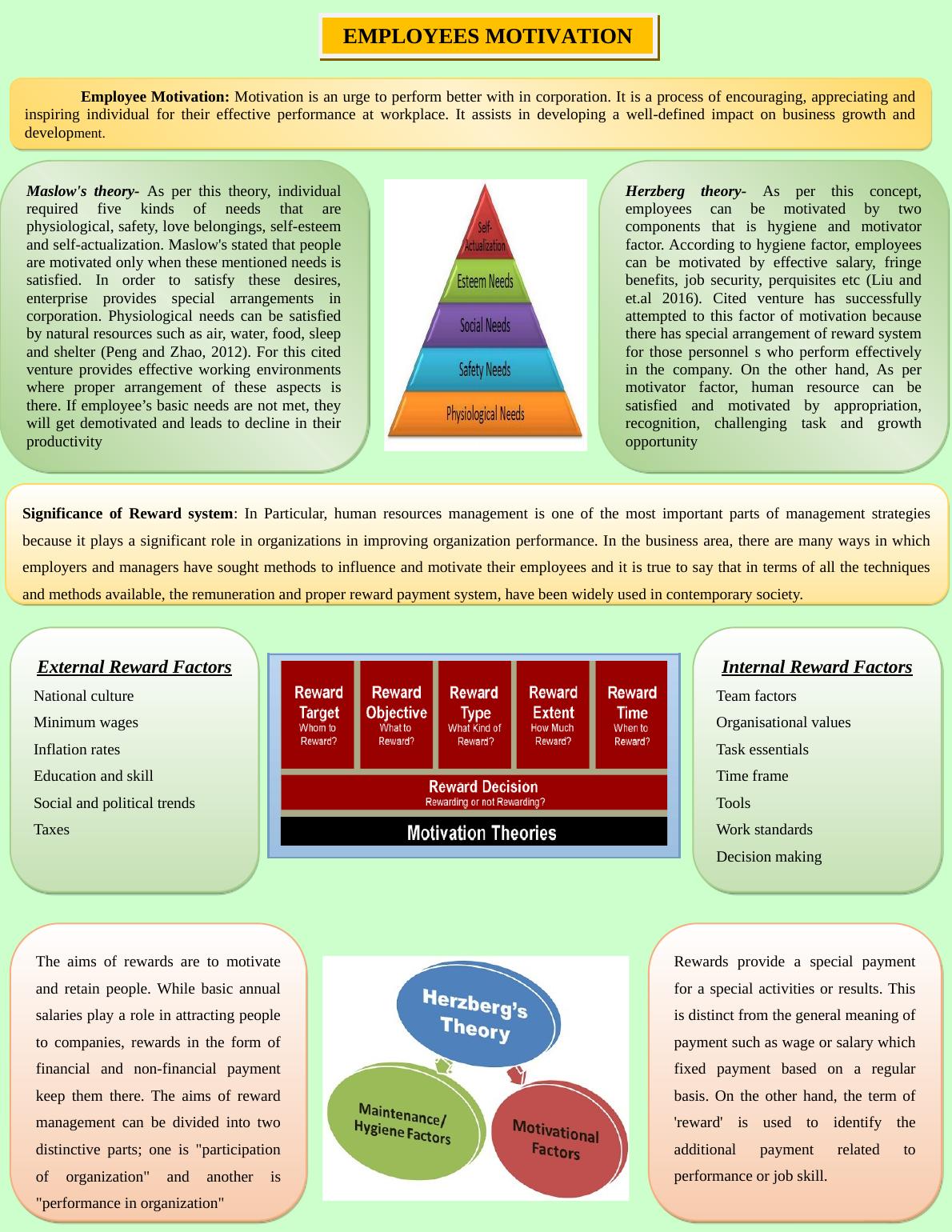Reward Management Assignment | HRM Assignment
This assignment requires the learner to describe the internal and external factors to consider when planning the human resource requirements of an organisation, identify the skills that employees require to carry out jobs in an organisation, outline how organisations motivate its employees, explain how organisations obtain the cooperation of their employees, explain how employee performance is measured and managed, explain why human resource planning is important to an organisation, compare the use of motivation theories in an organisation, explain how the results from measuring and managing performance inform employee development, and suggest ways of improving motivation in an organisational setting.
Added on 2020-06-04
Reward Management Assignment | HRM Assignment
This assignment requires the learner to describe the internal and external factors to consider when planning the human resource requirements of an organisation, identify the skills that employees require to carry out jobs in an organisation, outline how organisations motivate its employees, explain how organisations obtain the cooperation of their employees, explain how employee performance is measured and managed, explain why human resource planning is important to an organisation, compare the use of motivation theories in an organisation, explain how the results from measuring and managing performance inform employee development, and suggest ways of improving motivation in an organisational setting.
Added on 2020-06-04
End of preview
Want to access all the pages? Upload your documents or become a member.

